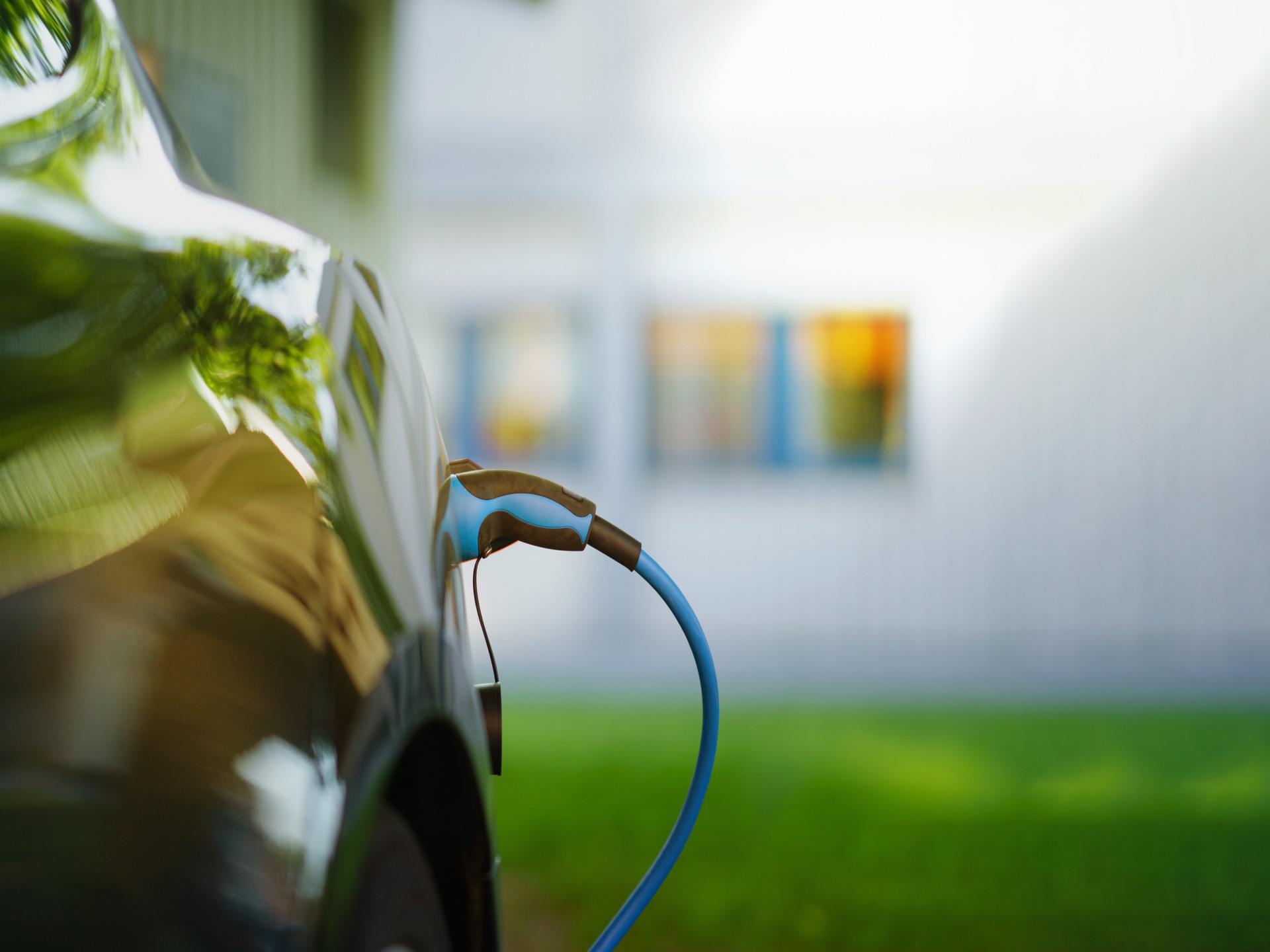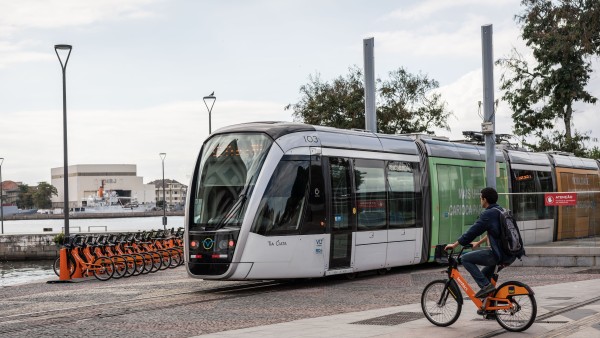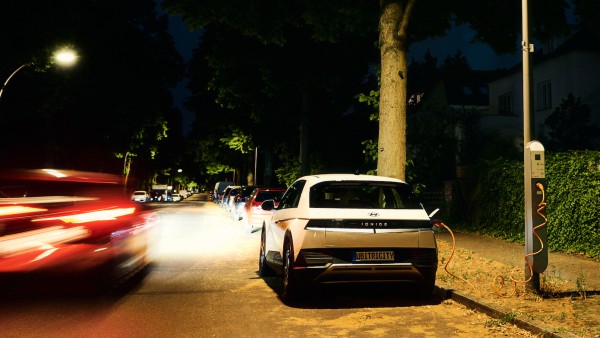E-mobility is gaining ground in Germany. The renewed promotional programmes for charging stations will play a key role in further expansion.
At the end of 2020, Chief Executive Officer of Daimler AG Ola Källenius sounded the alarm: “The government also has to do its part,” he said in an interview with Manager Magazin. His wake-up call to the world of politics was based on the fact that the car companies are making good progress in building new electric cars, but, at the same time, not enough new charging stations are being installed in Germany. He was worried that the hoped-for boom in e-mobility could fail to materialise if the government does not get involved in the charging infrastructure.
It turns out that his fear was not entirely unfounded, as further developments have shown; since the beginning of the year, the number of newly registered e-cars has more than doubled – the number of charging stations has also increased, but only by half. There are already more than 20 electric cars for every charging station.
But the seamless growth of e-mobility plays an important role in the German Federal Government’s climate policy. By 2030, Germany aims to emit 55 per cent fewer greenhouse gases than in 1990. This will only work if e-mobility picks up even more speed. And the rigorous expansion of the charging network will play a pivotal role in achieving this goal.
Third-largest emitter of CO2
Around 20 per cent of CO2 emissions in Germany can be attributed to the transport sector, and more than half of these emissions come from the exhaust pipes of the approximately 41 million registered cars. As the third largest CO2 polluter, the transport sector has to cut its emissions by 48 per cent from 1990 levels by 2030 – a reduction from 164 to 85 million tonnes of CO2.
This is why the Federal Government’s goal is for seven to ten million electric vehicles to be registered in Germany by 2030. If German citizens have their way, the transport transition will succeed. Despite the coronavirus crisis, nine in ten households still support the energy transition, as shown by the latest KfW Energy Transition Barometer. And Germans are also particularly receptive to e-mobility. More than 40 per cent of households can envision using an electric car in the next ten years or already do so now. The number of electric vehicles on German roads nearly doubled from the beginning of June 2020 to the end of June 2021.

Private charging stations
Support for private charging stations has a key role to play in the expansion of e-mobility in Germany.
Generous promotional funding of two billion euros
A generous two billion euros in promotional funding also contributed to this. Promotional funds of up to 9,000 euros can be claimed for electric cars with a net list price of up to 40,000 euros, and slightly less for hybrid cars. In doing so, the government has set the right incentives. According to data from the German Federal Motor Transport Authority, more than 632,000 electric cars and plug-in hybrids were registered from June 2020 to July 2021 – the same number as in all previous years combined. In the meantime, electric cars have even overtaken diesel cars. In 2019, diesel still had a market share of 30 per cent, while electric cars accounted for four per cent. In the first half of 2021, 367,905 new electric vehicles were registered, which represents a market share of 22.6 per cent. Diesel now only accounts for 22.2 per cent.
The growing range of products offered by German car manufacturers and generous promotional funding are driving e-mobility forward – even if the cars are not equally well received by all segments of the population. According to KfW Chief Economist Fritzi Köhler-Geib, electric car users are still mainly found in higher-income households in single-family homes. “However, the transformation to climate neutrality can only succeed if all social groups are on board.”
Sticking point: charging stations
KfW Research

Economic studies
“Shift to electric vehicles is gathering pace” (18 May 2021)
The most important next step is to improve the charging station network. This is because many potential buyers perceive insufficient range as an obstacle to making the switch to e-mobility. “Besides the high price, the main reasons for not purchasing an electric vehicle are concerns about practicability, for example with regard to range and charging infrastructure,” writes KfW Research in its study “Shift to electric vehicles is gathering pace”. Effective charging infrastructure is crucial for the success of the transport transition.
The focus is particularly on private charging stations. Most charging takes place at non-public charging stations: at work (19 per cent) or at home (54 per cent). The government has realised this and already increased funding for private charging stations twice.
Published on KfW Stories on 13 September 2021, updated on 24 July 2022
The described project contributes to the following United Nationsʼ Sustainable Development Goals
Goal 9: Build resilient infrastructure, promote sustainable industrialization and foster innovation
Non-existent or dilapidated infrastructure hinders economic efficiency and thus engenders poverty. When building infrastructure, the focus should be on sustainability, for example, by promoting environmentally-friendly means of transport. Factories and industrial facilities should also ensure that production is in line with ecological aspects to avoid unnecessary environmental pollution.













Data protection principles
If you click on one of the following icons, your data will be sent to the corresponding social network.
Privacy information